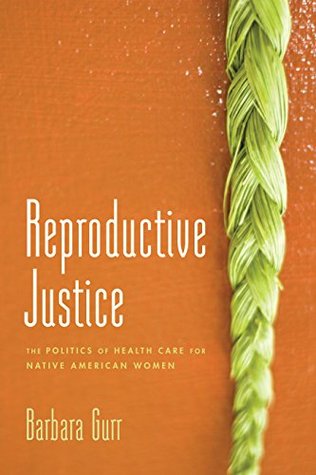The reproductive justice framework, which is both a theoretical paradigm and an activist model, brings together in cogent ways theories of human rights and inequality with intersectional examinations of women’s embodied experiences, and locates these in local social contexts. This grounding of international human rights law in locally driven conceptualizations of women’s health needs expands understandings and applications of the fundamental right to health. By situating women’s fundamental right to health in the broad social contexts of spiritual, environmental, and economic well-being,
...more
Welcome back. Just a moment while we sign you in to your Goodreads account.


